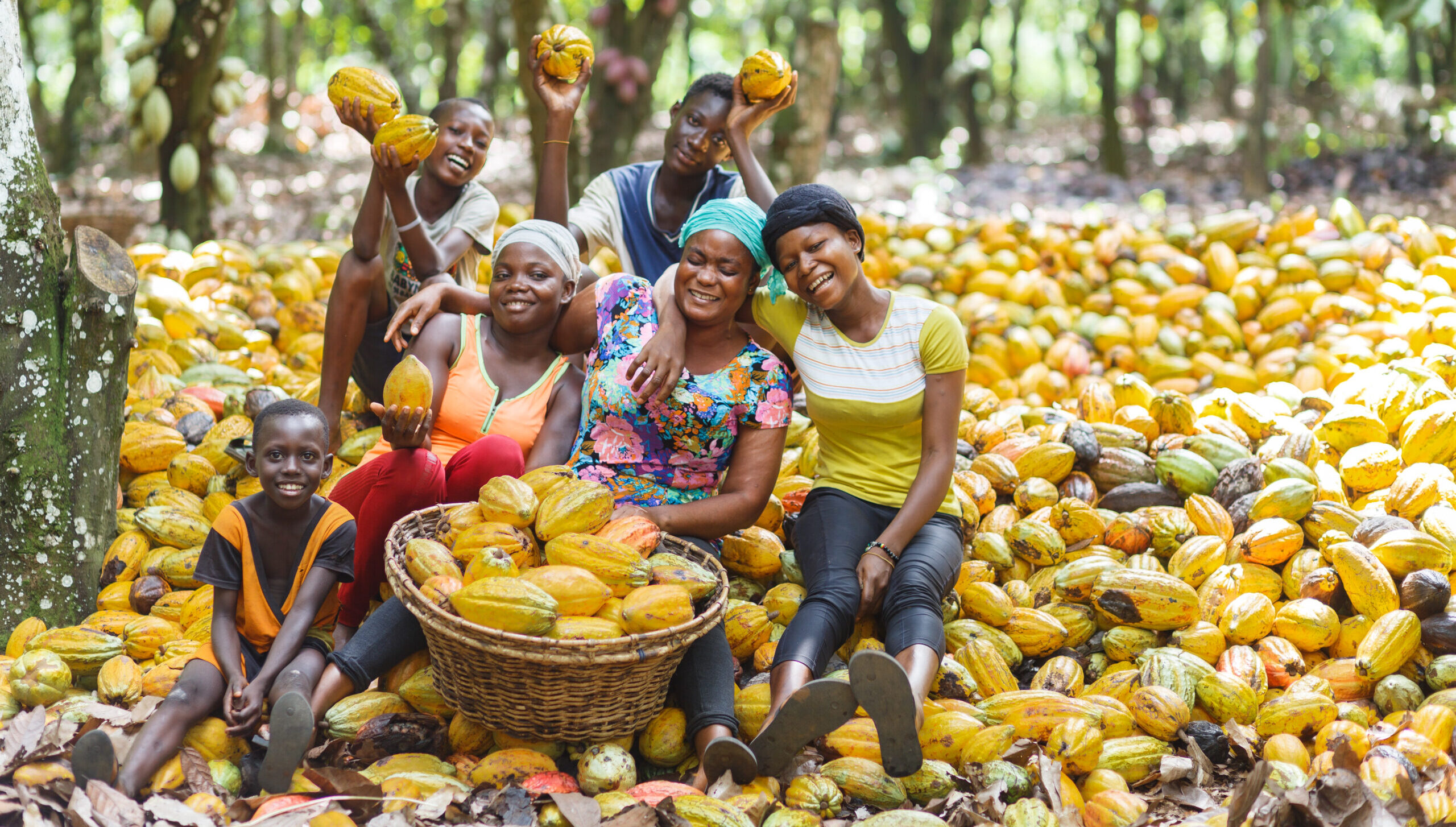REGIONAL HIGHLIGHTS
Our efforts in 2023 contributed to the prosperity of farmers, workers, and micro-enterprises while maintaining the ecosystems. By training a million smallholder farmers in sustainable practices, transforming close to a million hectares under sustainable management, and achieving significant water conservation, we have modestly contributed to Solidaridad’s vision of building a world where every farmer, worker and micro-enterprise prospers within a sustainable and inclusive economic ecosystem.
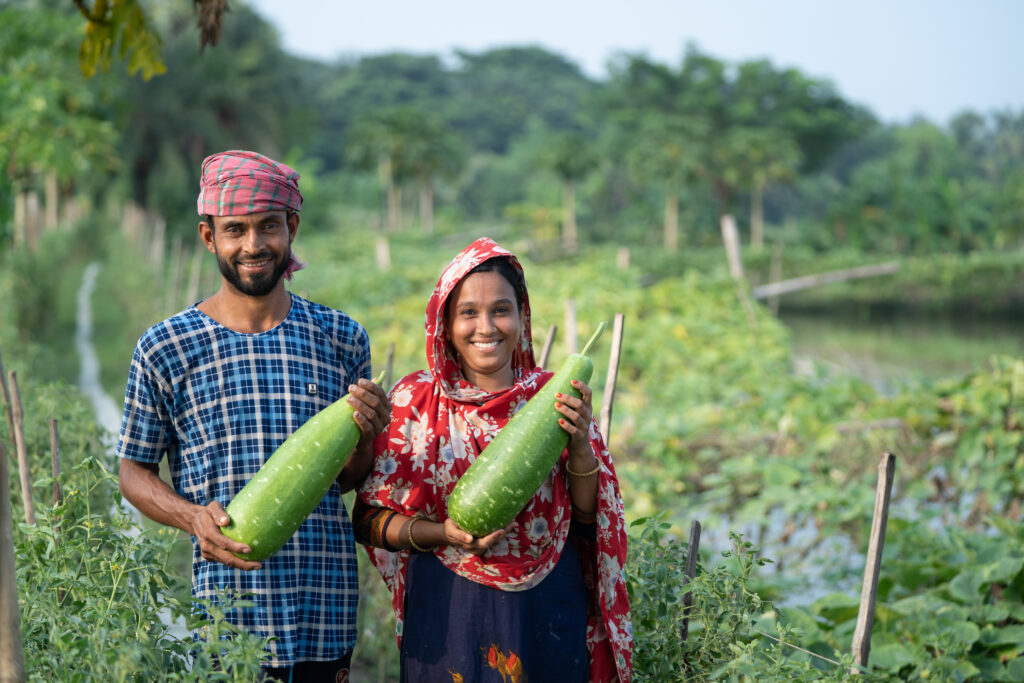
In 2023, we integrated our work in Central and South America to create more impact and synergies. We expanded our climate-smart model with incentives for carbon captures to cocoa, and prepared the groundwork to meet the new EU regulation on deforestation.
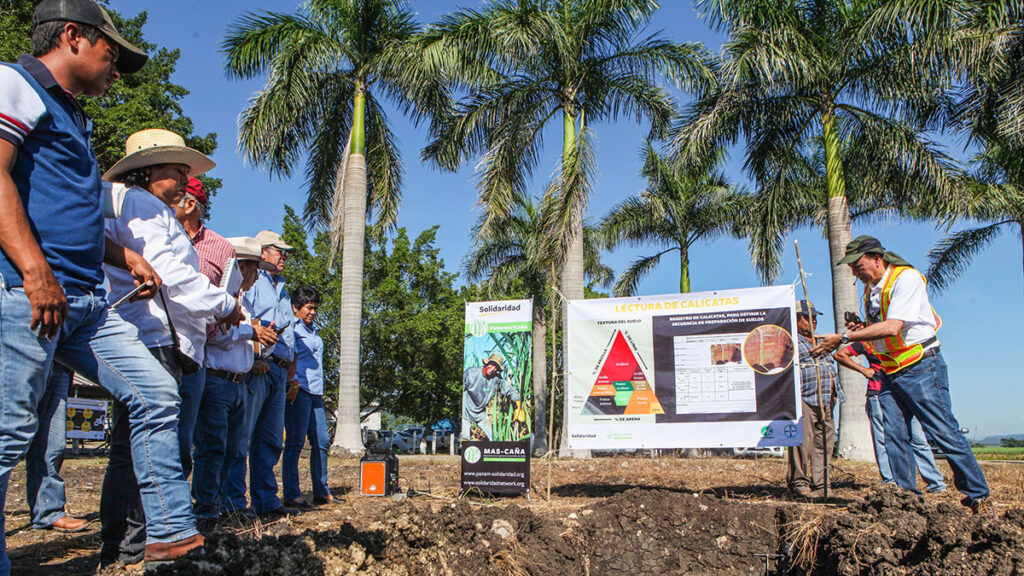
Our bold ambition in 2023 was to transform value chains within the agricultural, mining, and industrial sectors. Our strategy to address sustainable development’s challenges was twofold: enhancing producer and organisational capacities and forging alliances with partners sharing our vision. This approach not only sought to revolutionize farmers’ industries but also to champion a sustainable future through their leadership and innovation.
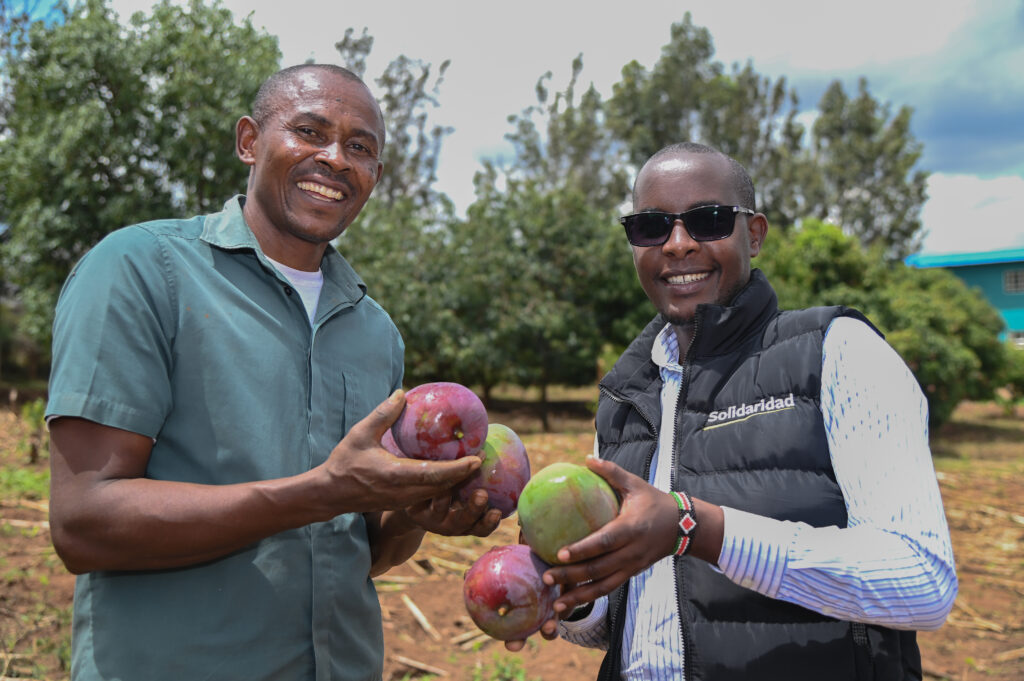
Solidaridad Europe generates support and commitments for making global value chains more sustainable, with a focus on farmers, miners and workers in producing countries beyond Europe’s borders. Collaboration with stakeholders is vital in our work, including donors and companies, knowledge institutes and civil society organizations. With our offices based in the Netherlands and Germany, we continue to engage with European partners and further explore opportunities to create a sustainable and inclusive impact.
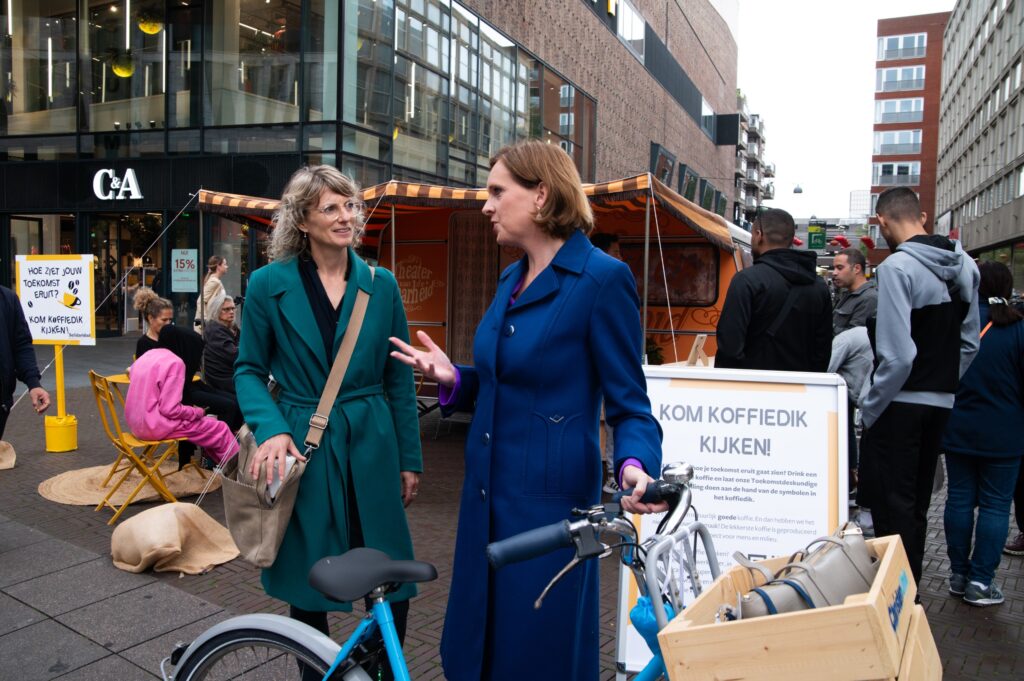
In 2023, Solidaridad’s North America office continued to gain traction and influence with high-value donors, the private and public sector, and foundations. The Amazonia Connect initiative made strong advances in its first full year of implementation. New partnerships with Cargill, the Walmart Foundation, and The Bill and Melinda Gates Foundation have pushed our sustainability work forward with a focus on sustainable production, digital innovation, and climate solutions.
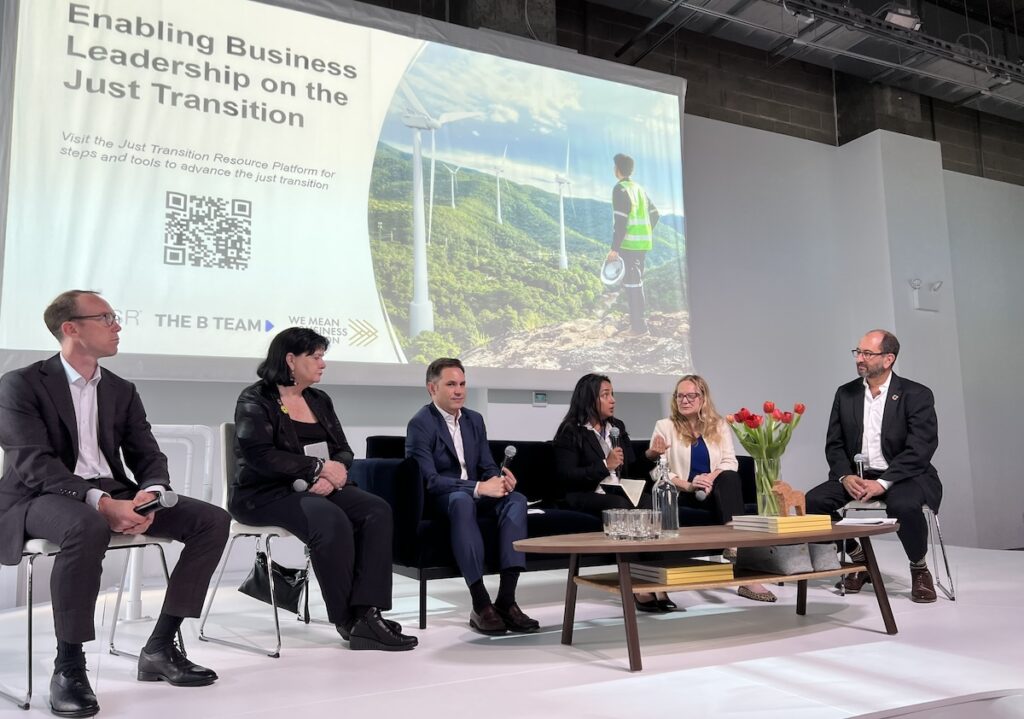
In 2023, Solidaridad Southern Africa saw progress as it innovatively advanced sustainable smallholder agriculture. This included ongoing advocacy through the RECLAIM Sustainability! programme, the Pathways to Prosperity programme launch, and full implementation of the Bill & Melinda Gates funded Kvuno initiative in Malawi, Mozambique, and Zambia. Malawi emerged as a focal country, benefiting from increased resources, resulting in a 205 percent increase in supported farmers
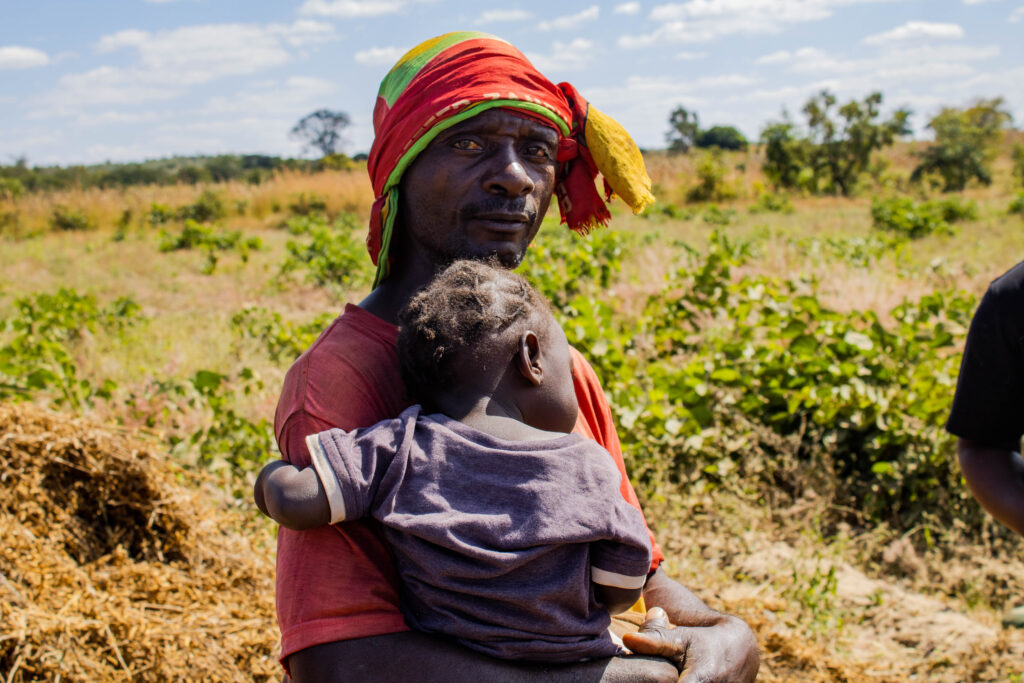
To balance sustainable global supply chains and create local resilient food systems, Solidaridad West Africa supported 67,177 farmers with inputs and capacity to increase food supply and address market barriers amidst the post-COVID food and economic crises. In 2023, our focus on carbon mitigation and circularity led to the establishment of climate-friendly artisanal oil palm processing mills and a cashew processing factory. We equipped artisanal mines with mercury-free machinery and advocated for the responsible use of mercury.
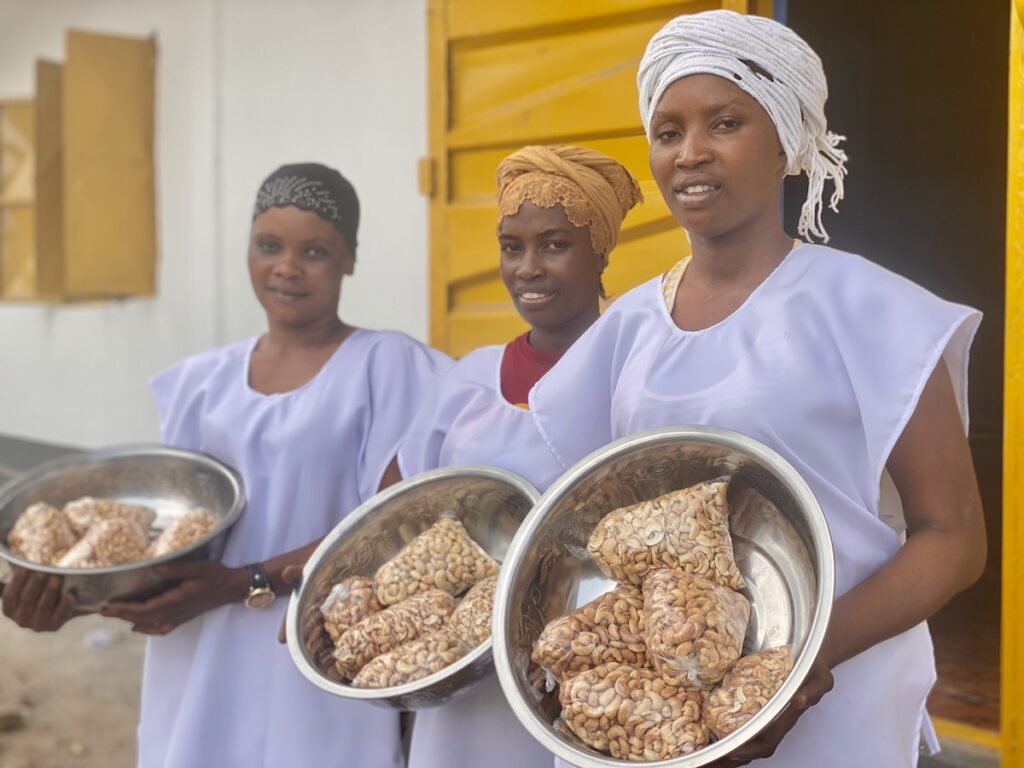
Executive Summary
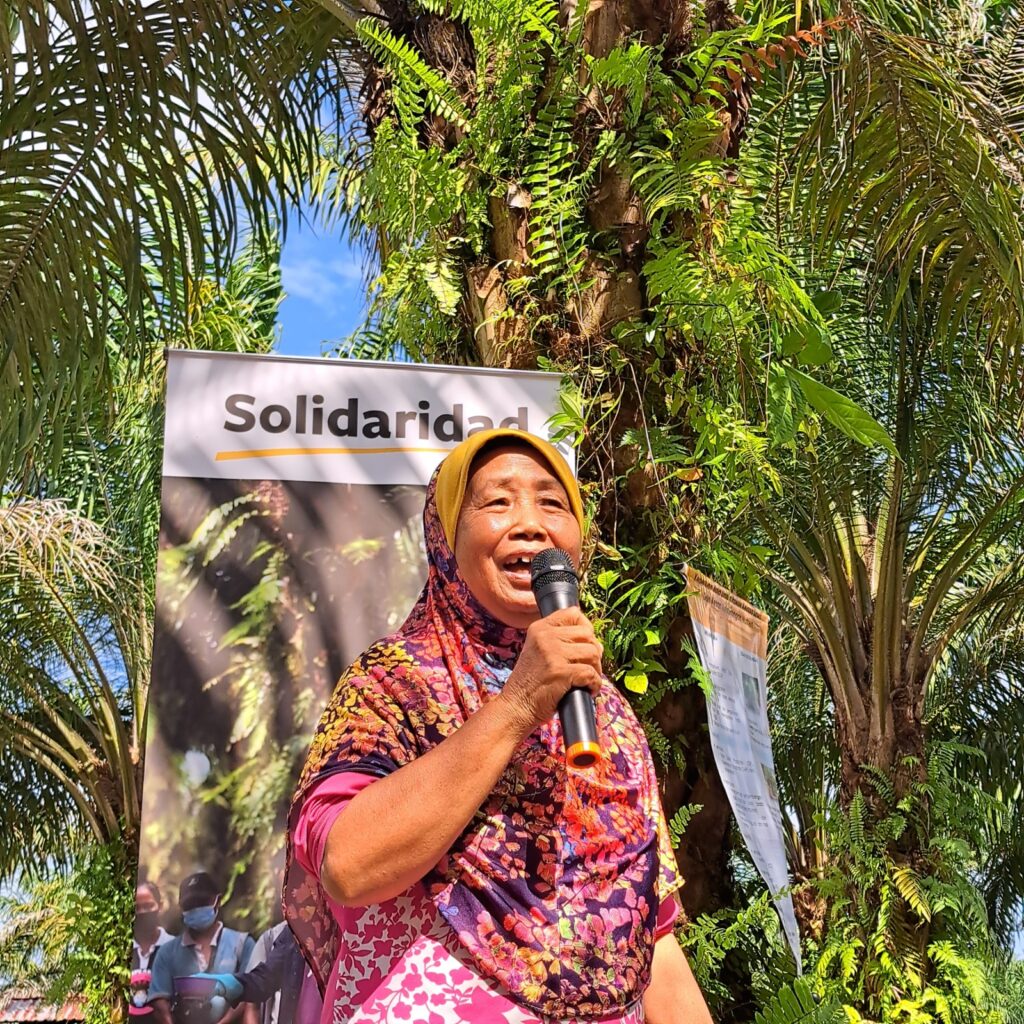
2023 at a glance
Farmers first
Being organized as a network has been essential for achieving these results. By sharing knowledge, tools, systems and experiences, we improve our solutions, expand our scale and increase our effectiveness. We have surpassed most of our targets for 2023, and even some of our 2025 targets.
I am delighted to introduce Solidaridad’s annual report for the year 2023. Whether you are a farmer representative, a corporate partner, a government official, a scholar, or an interested reader, your contributions have been indispensable to Solidaridad’s achievements throughout 2023.
Solidaridad has always prioritized reaching out to the most remote and underserved farmers, bringing their voices forward in the sustainability debate, and serving their needs. I appreciate the tireless efforts of Solidaridad’s 1,230 dedicated staff members worldwide. They have consistently gone above and beyond, often traversing great distances, to provide farmers and workers with crucial access to training, information, finance, and inputs.
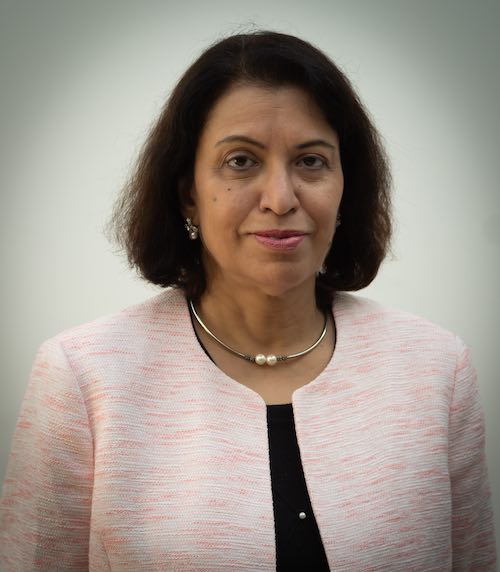
This unwavering dedication of our team efforts underpins the outcomes outlined in this report. The impact of Solidaridad’s work resonates vividly through the personal stories of farmers and is quantified through comprehensive data on inputs, outputs, and overall impact.
On behalf of the International Supervisory Board, I extend heartfelt gratitude to Solidaridad’s staff, partners, and donors for their steadfast support to the mission of fostering a more inclusive economy and promoting thriving livelihoods. It is a cause of profound significance, and your ongoing support is invaluable as we continue to champion it together.
Best regards,
Shahamin S. Zaman
Chair International Supervisory Board
2023 has seen the rise of geopolitical tensions that continue to disrupt global supply chains and exacerbate existing social and environmental challenges. More than ever, we need to support producers to mitigate the impact of these challenges, work with governments on policy improvements and the creation of enabling environments, and collaborate with industry partners to advance sustainability in their supply chains.
Our partnerships and collaborations with like-minded organizations, corporates, governments, and other stakeholders have become increasingly important in driving systemic change towards sustainable supply chains. Through our engagement in multi-stakeholder initiatives we managed to increase our influence to shape industry standards and practices.
While there is growing momentum towards sustainability among consumers, businesses, and policymakers, we must navigate complex economic, regulatory and social dynamics to drive change in global supply chains. The past year’s performance has demonstrated our ability to be a capable contributor to the progress the world needs.
A Growing Impact
We have surpassed most of our targets for 2023, and even some of our 2025 targets. We provided valuable training to no less than 1.2 million farmers in 2023. As a result, 1.9 million hectares were brought under sustainable management and 770,000 farmers increased their yields. We also trained over 10,000 workers and miners who now work under improved conditions, as a result.
But our work goes well beyond training farmers and workers. We have developed digital apps that provide farmers with access to much-needed information, we have helped farmers launch new businesses, we have improved the availability and accessibility to critical services, we have advocated for and achieved farmer-friendly legislation, and we have implemented campaigns to spur consumer interest in sustainably-produced goods.
All of these endeavors bring tangible results for the farmers and workers who have often been on the losing end of value distribution in supply chains. Solidaridad recognizes the value of a holistic approach, and we work in an optimized way on these interventions simultaneously, while addressing farmers’ specific needs depending on their country, commodity and circumstances.
A strong advocate with farmers
In 2023, we undertook a deliberate effort to get an in-depth understanding of small-scale farmers’ views on sustainability. For our Small Farmer Atlas we interviewed nearly 10,000 small-scale farmers in 18 countries on issues ranging from prosperity and income to bargaining power and land use to create a data-rich resource covering eight commodities. The report is an invitation to companies, policymakers and others to center the perspectives of small-scale farmers in the design of procurement and sustainability policies.
This year we also witnessed big changes in regulations around environmental protection, supply chain transparency, and labor rights, including the Regulation on Deforestation Free Products (EUDR), the Corporate Sustainability Due Diligence Directive (CSDDD), and the German Supply Chain Law (LKSG). The passage of these policies and regulations is changing corporate practices and reinforcing the need for society as a whole to take an active role in supporting (smallholder) producers who may be negatively affected by them. Solidaridad has played an active role in 2023 in highlighting the perspectives of small-scale farmers throughout the formulation and implementation of these regulations. With regard to the CSDDD legislation, we have advocated for changes to make it more farmer-inclusive.
Thanks and Recognition
These results would be impossible without our precious donors and partners, in particular the Dutch Ministry of Foreign Affairs, who see in Solidaridad a valuable and credible partner to work on sustainable supply chains.
The unwavering commitment of our local staff is the force behind all the work presented in this report. In 2023, our staff grew from 1,132 in 2022 to 1334 staff, with an improved gender balance, particularly in senior management positions.
We also appreciate that not everything worked out as planned. The implementation of our new data model helped us to analyse our results in more detail and learn about which approaches were more effective. We also cherish the lessons learned from independent external evaluations.
Being a network organization has been essential for achieving these results. By sharing knowledge, tools, systems and experiences, we improve our solutions, expand our scale and increase our effectiveness. Our commitment to fostering a culture of collaboration and innovation was visible in the vibrant celebration of Yellow Week. This initiative brings Solidaridad staff from all around the Solidaridad network together in a virtual setting to share experiences and learn from one another, driving meaningful engagement and discourse within our global community.
All of these impressive results of Solidaridad on the ground and its unique approach of working as a network were the primary reasons I took on the role of Executive Director this year. I would like to thank and congratulate my predecessor Jeroen Douglas on the results achieved in 2023, and I am looking forward to working together with all of you to consolidate and build upon these results in 2024!
Andre de Freitas
Executive Director Solidaridad
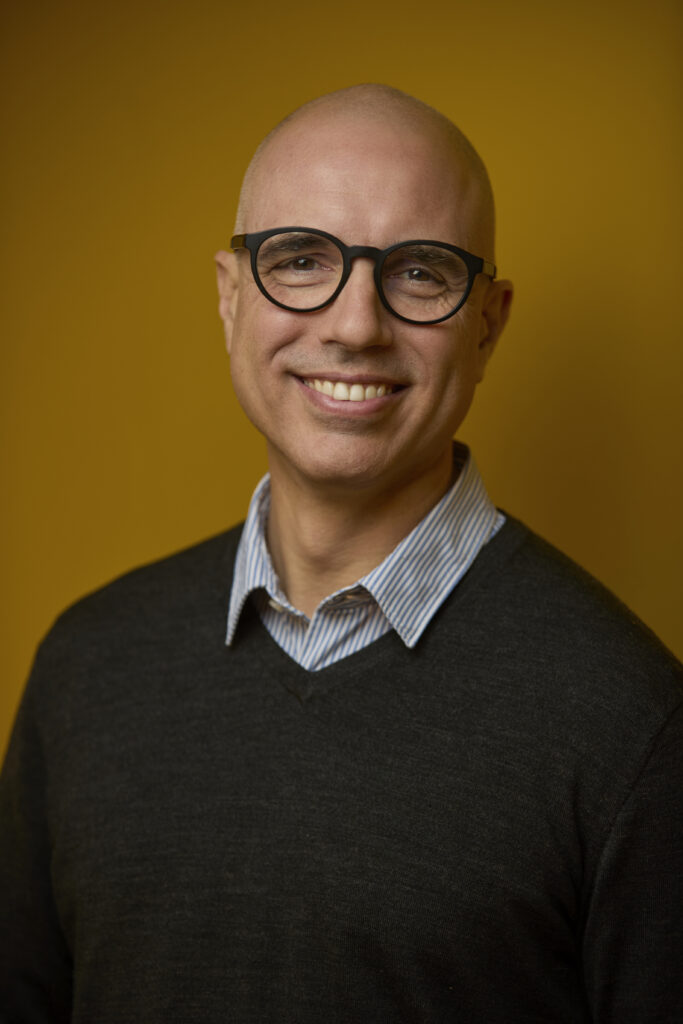
The Solidaridad Network is registered as a foundation at the Chamber of Commerce in Utrecht, the Netherlands, under the number 51756811.
Solidaridad
Network Secretariat
‘t Goylaan 15
Utrecht 3525 AA
The Netherlands
Email: info@solidaridadnetwork.org
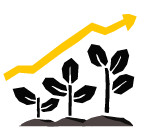
769,705
farmers with improved yield

1.9 mil
hectares under sustainable management

75,308
workers and miners with improved working conditions

97,191
tCO2 emissions avoided, restored or removed
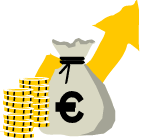
490
service providers with increased turnover
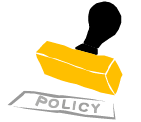
19
new or improved mandatory sustainability frameworks
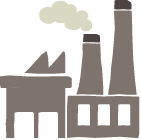
302
processors who have reduced pollution

253
corporates supported in sustainability solutions

253,408
farmers with access to improved services

401
civil society organizations trained in decision making and dialogue

643,007
farmers with improved farm income

10,380
workers and miners trained

490
service providers with increased turnover

11,752
hectares with improved soil
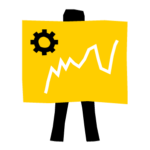
1.2 mil
farmers trained
Change that Matters Stories
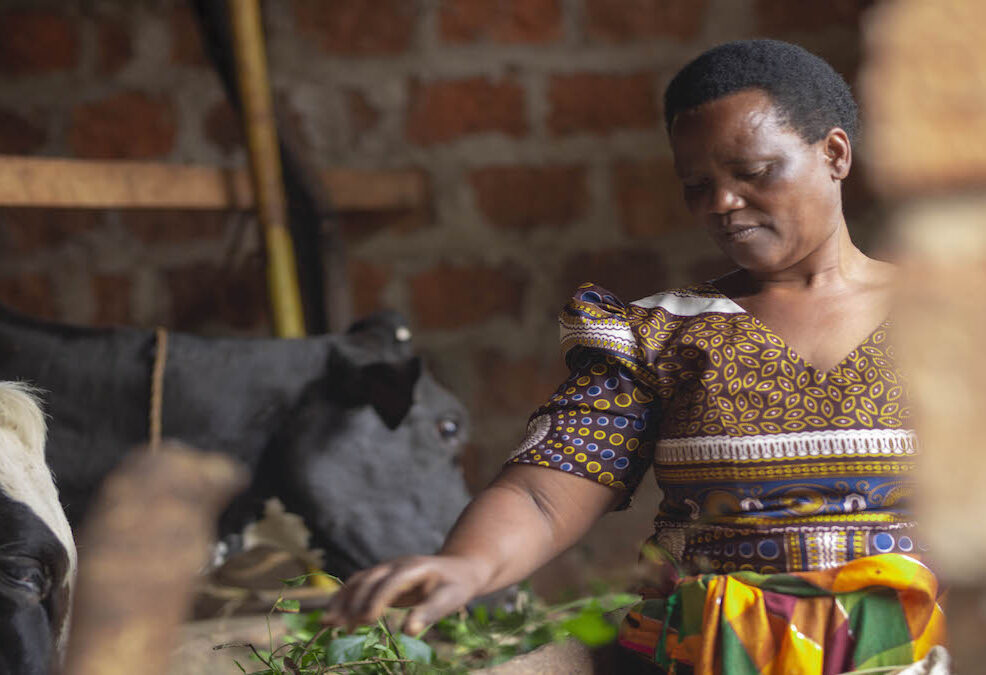
A WOMAN FARMING COFFEE
IN TANZANIA
Dorothy Masaki began farming over 35 years ago as a young woman working on her father’s farm with her parents and her siblings. After years of hard work Dorothy joined Solidaridad’s Coffee Resilience Programme in East Africa, and the success of her coffee farm is leading to new opportunities for herself, her family and her friends.
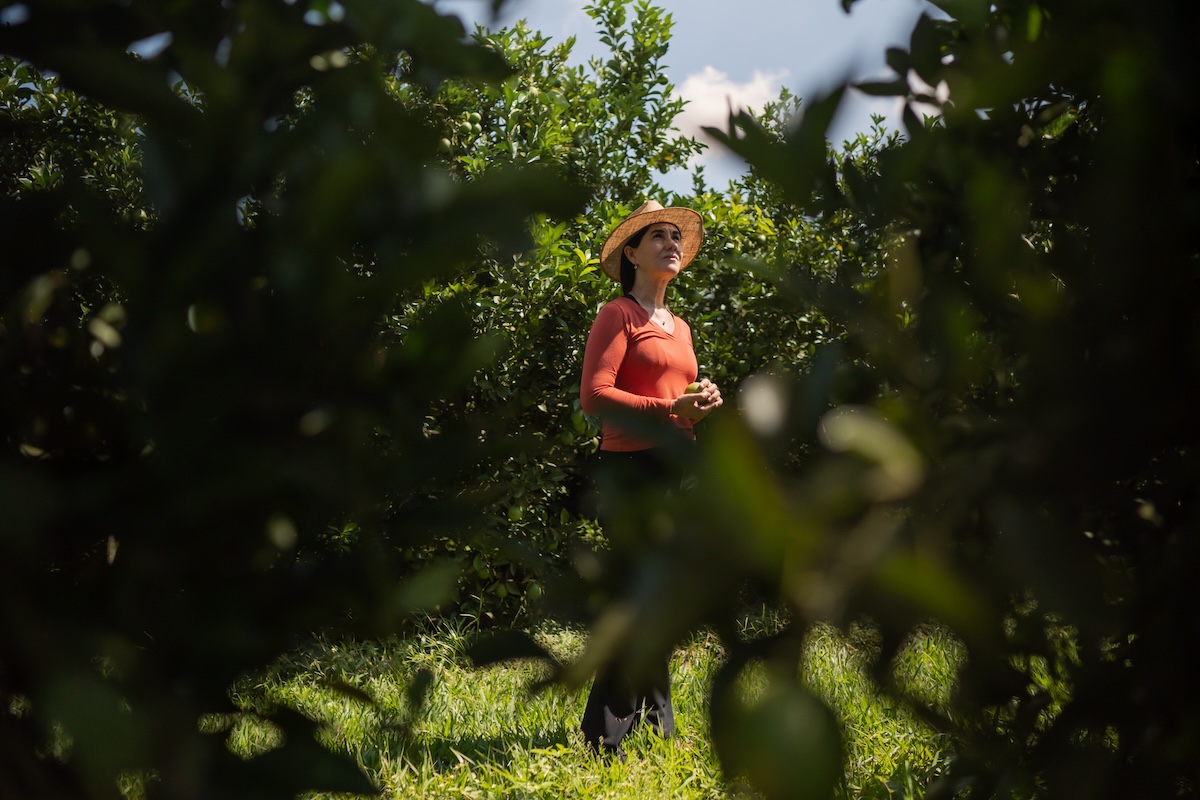
A woman’s resilience bears fruit
Sandra Zanardi never saw herself as an orange farmer, but after the death of her husband, she took the reins of her family’s orange grove in Brazil. Now, with support from Solidaridad’s Fruto Resiliente project, Sandra has improved her farm’s performance and is set to reap a plentiful harvest. In the process, she has created a vibrant new future for herself and her children.
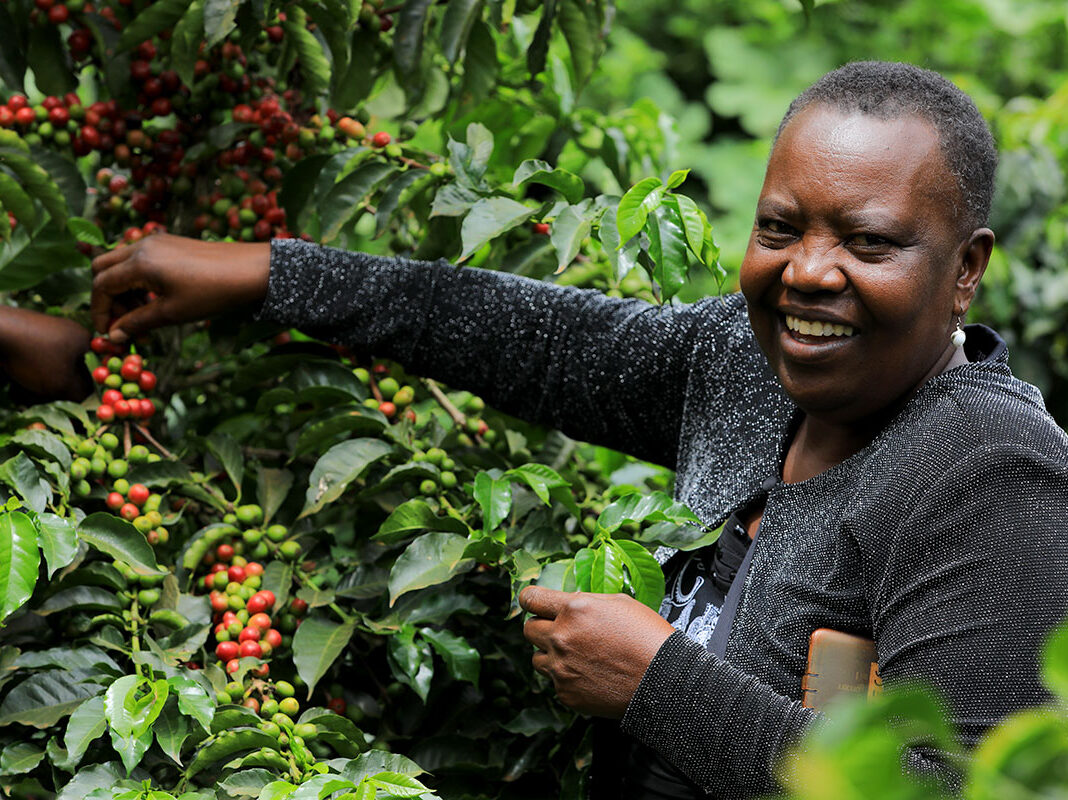
Coffee Barometer 2023
The Coffee Barometer is an in-depth report on the state of sustainability in the coffee sector, revealed some worrying new findings. The Coffee Barometer 2023 report and website are initiated by Conservation International and Solidaridad, produced by Ethos Agriculture.
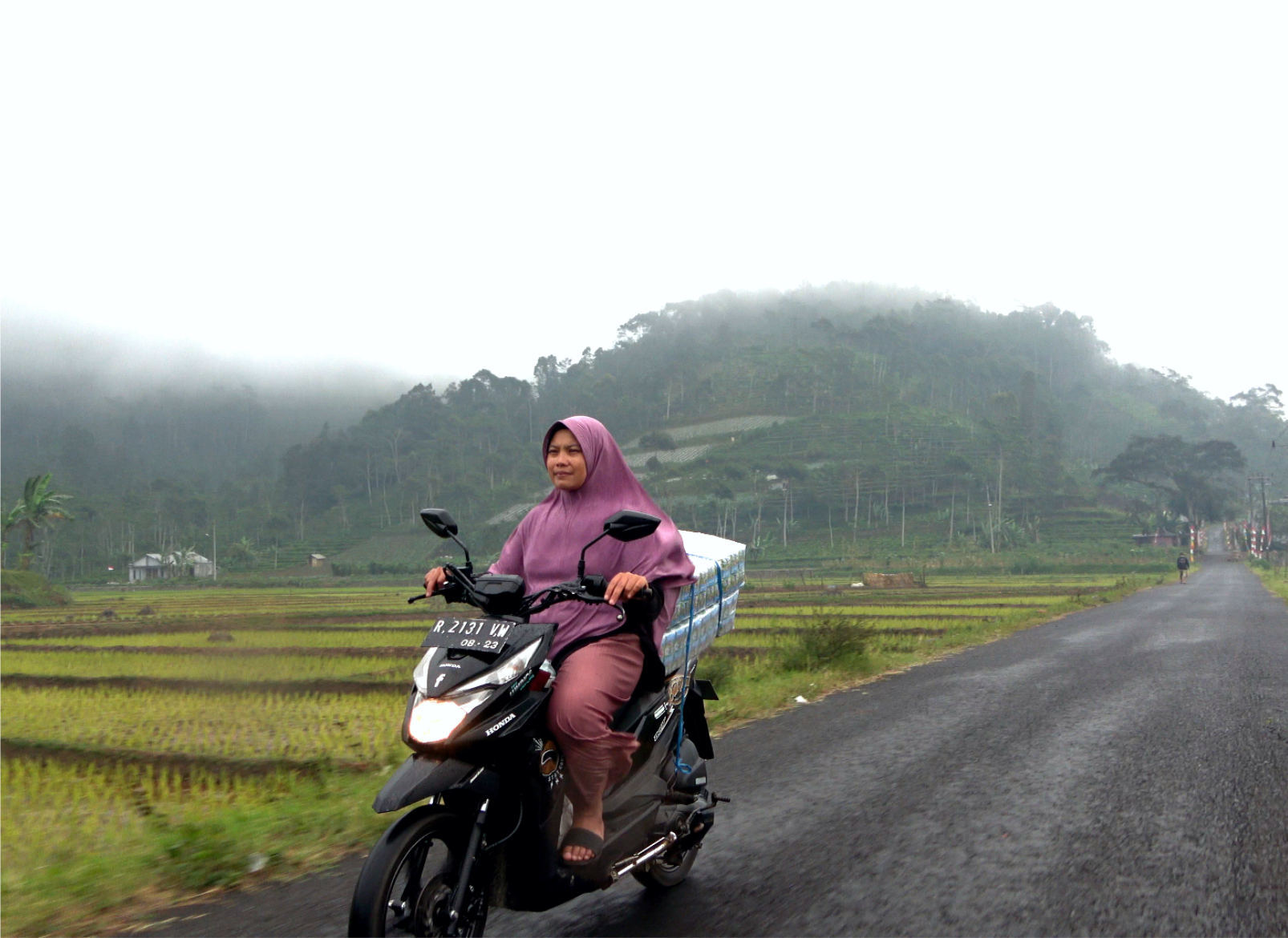
Co-shaping farmer centered policies
In its current form, the EU’s Corporate Sustainability Due Diligence Directive fails to consider the issues experienced by millions of smallholder farmers at the beginning of agricultural value chains worldwide. How can this potentially ground-breaking directive better equip companies in Europe to support smallholders to become part of a more sustainable value chain?
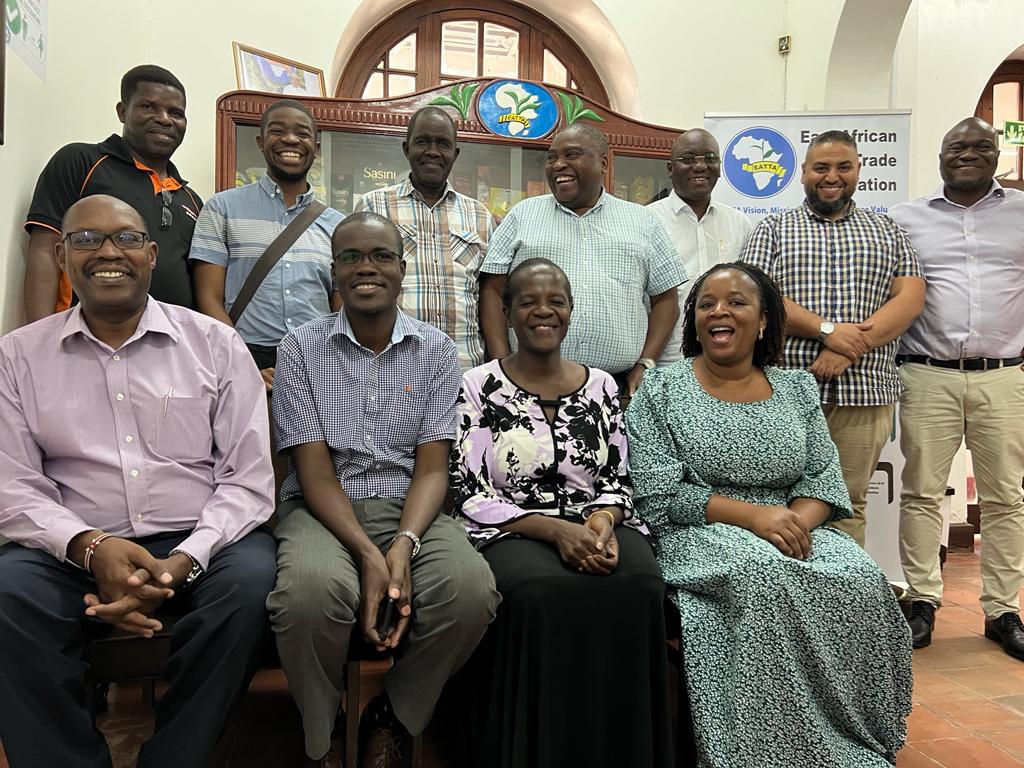
MALAWI TEA SECTOR CREATES A COMPETITIVE EDGE
Solidaridad’s RECLAIM Sustainability! programme is collaborating with Malawi tea producers as they face new challenges and prepare to transform the country’s tea sector. Through technology and automation, Malawi hopes to inspire other southern African countries as it makes plans to implement a comprehensive tea sector overhaul.
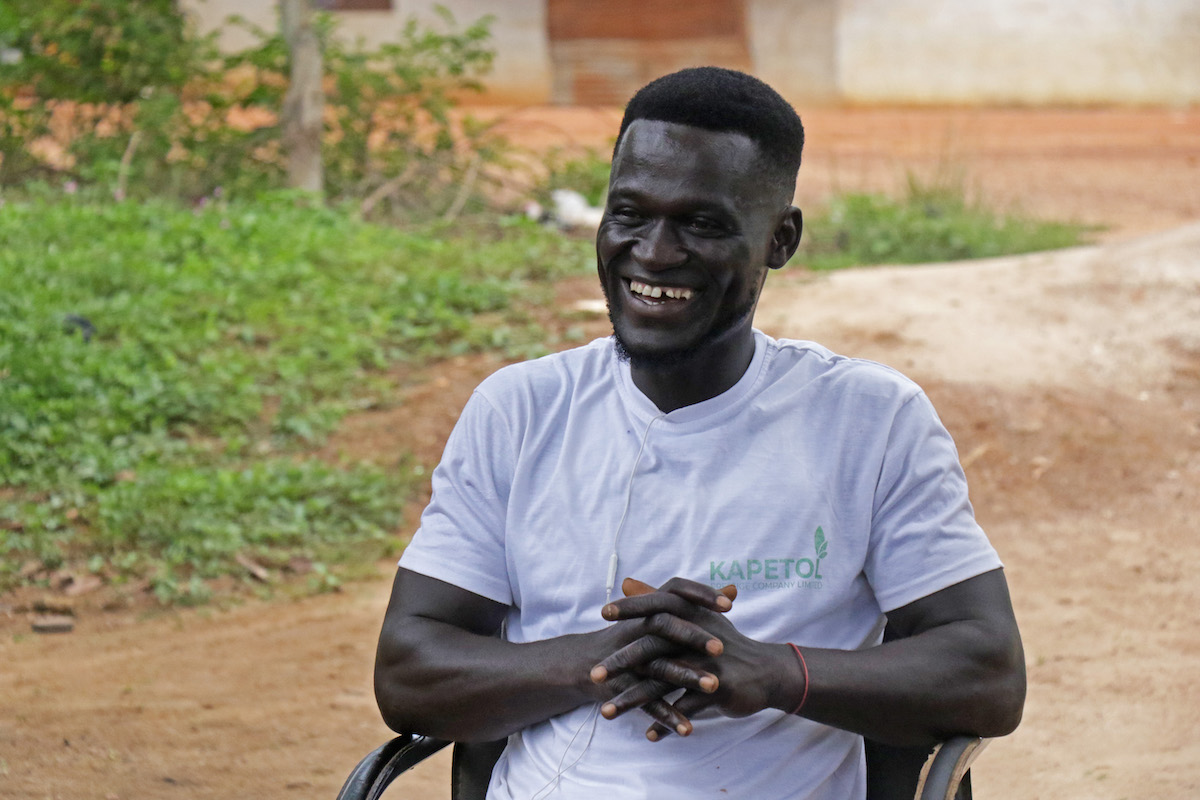
HOW ELVIS BECAME A THRIVING ENTREPRENEUR IN GHANA’S COCOA VALUE CHAIN
After years away from his home village in Ghana, Elvis Adu Boahen returned as a young entrepreneur and created a successful and sustainable business that serves the cocoa value chain.
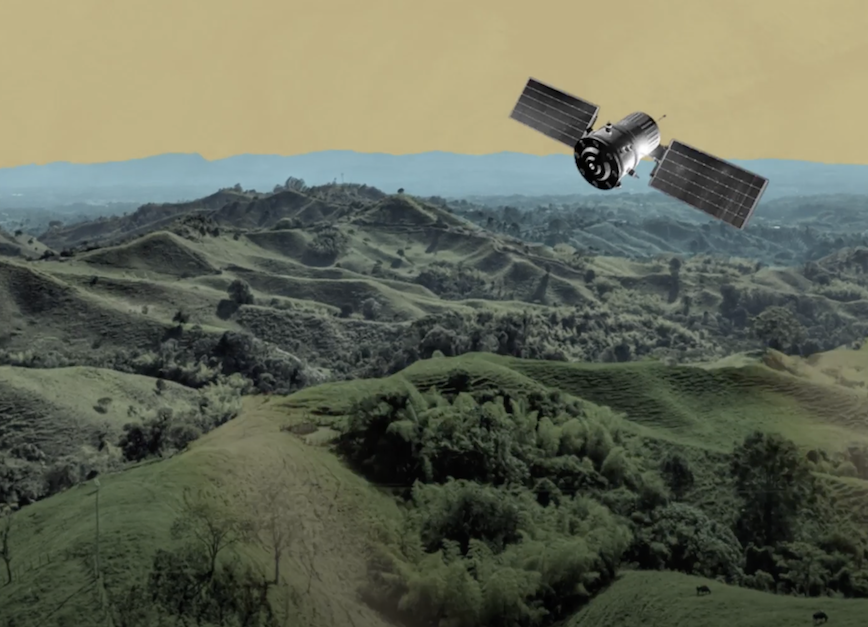
A 5-YEAR EFFORT TO SCALE LOW-CARBON AGRICULTURE & CONSERVATION
The Amazonia Connect initiative is a five-year effort to implement low-carbon agriculture and preserve biodiversity in Brazil, Colombia and Peru. Our 4-film series shows the impact we strive for.
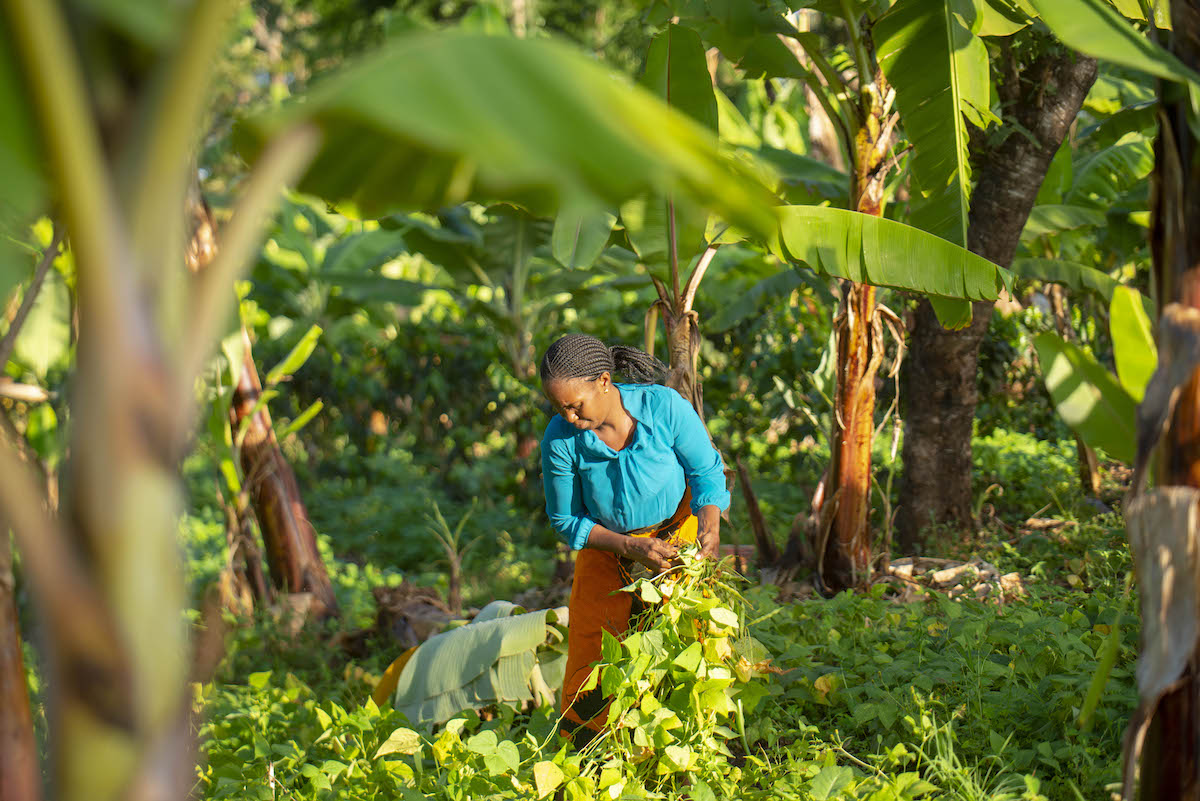
Women farmers leading the way
For many rural women, building a successful business can be a struggle due to limited access to resources. Suzan Malya, a coffee farmer in Tanzania, overcame challenges to turn her farm into a dynamic small business that provides a vibrant future for her family. Now she serves as an example to others in her community.
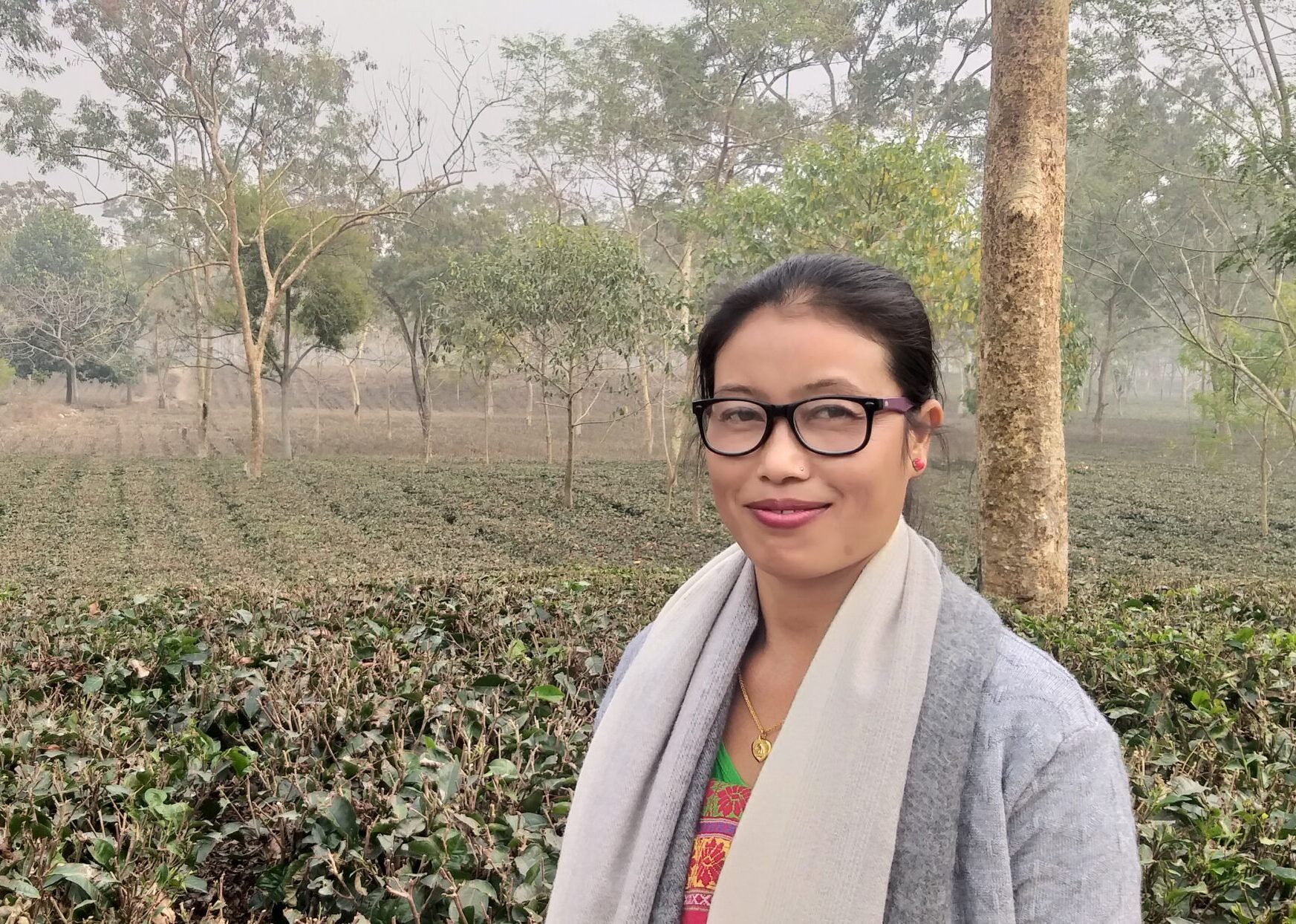
Karuna Daimari Writes Her Own Success Story in Tea
Karuna Daimari has turned herself into a model farmer. She is a devout adherent of sustainable farming practices. Her efforts and vision have inspired 19 widows in her village to join a self-help group (SHG) set up under the tea programme that is supporting women by promoting and training them in entrepreneurship.
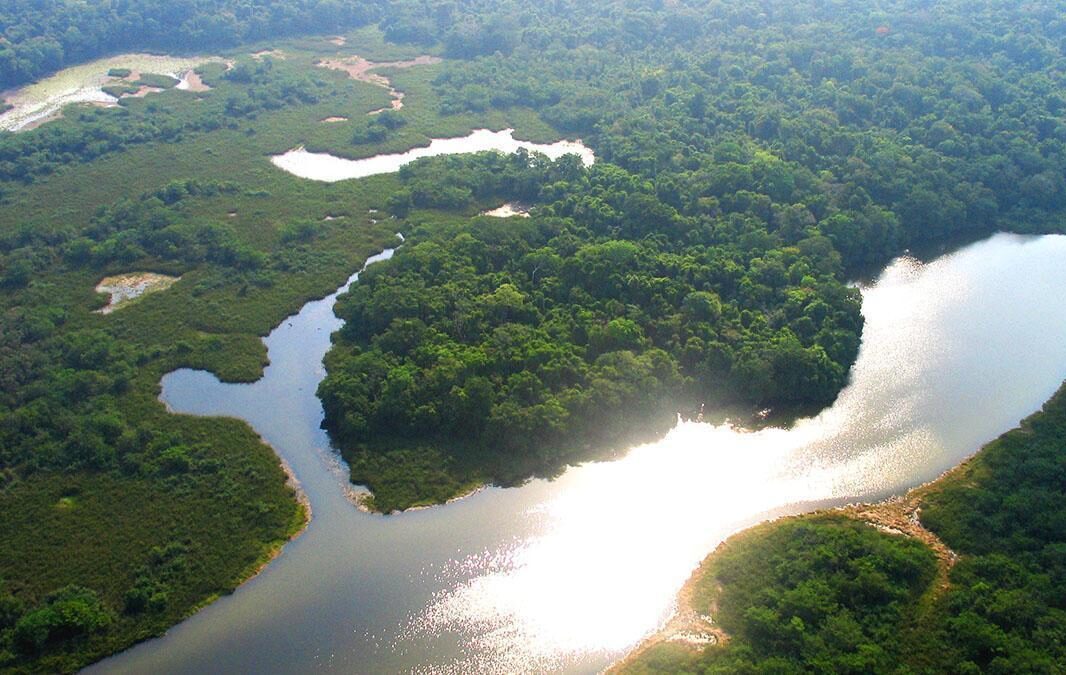
PUBLIC-PRIVATE PARTNERSHIPS ACHIEVE BREAKTHROUGHS IN BIODIVERSITY CONSERVATION
Conservation groups, local communities, government agencies and leading businesses work with Solidaridad to safeguard Guatemala’s Laguna del Tigre National Park, part of the Maya Biosphere Reserve and one the world’s great wilderness areas
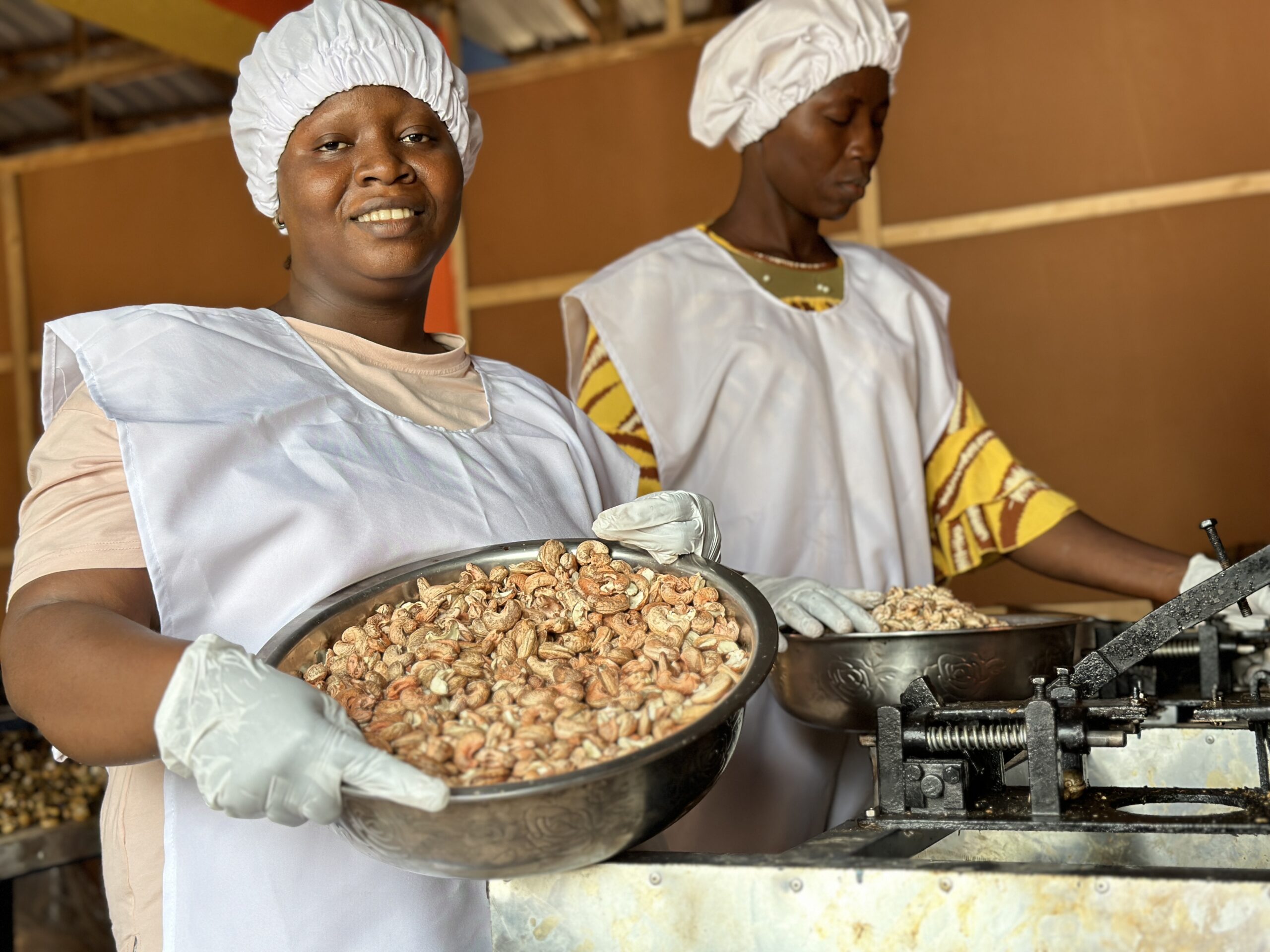
NEW CASHEW FACTORY BOOSTS PRODUCTION IN SIERRA LEONE
Cashews are a high value crop that can provide for a sustainable livelihood, but the harvesting and processing can be dangerous. During the shelling process, the nuts produce a liquid that can cause skin burns. A new cashew processing factory is helping female processors improve safety and productivity.
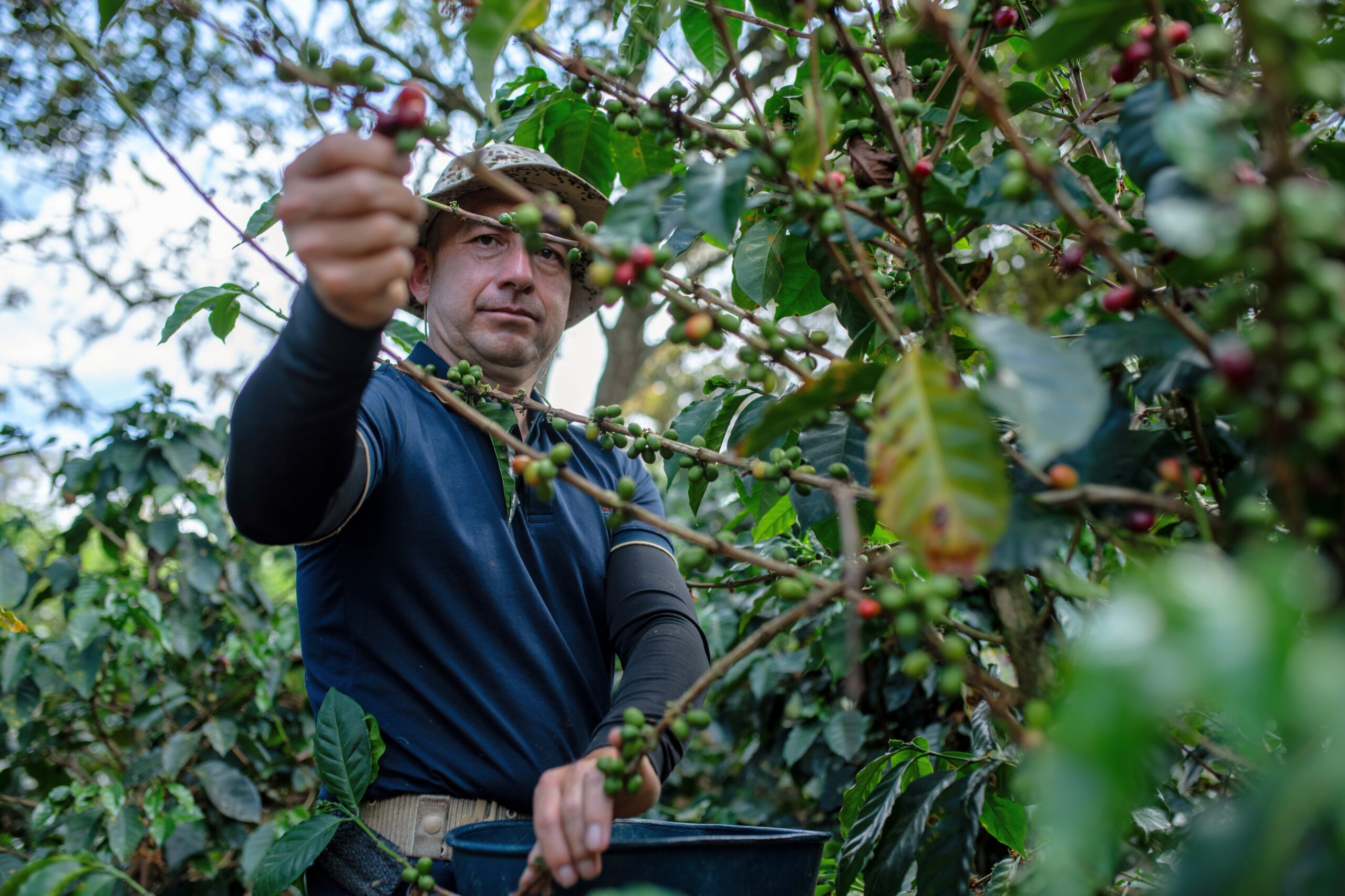
COFFEE FARMERS IN COLOMBIA RECEIVE PAYMENTS FOR CARBON SEQUESTRATION
The Acorn CO2 trading platform is turning coffee farmers into climate heroes. We went to see how the project is being implemented on the ground in Colombia and to meet the farmers who have received their first payment.
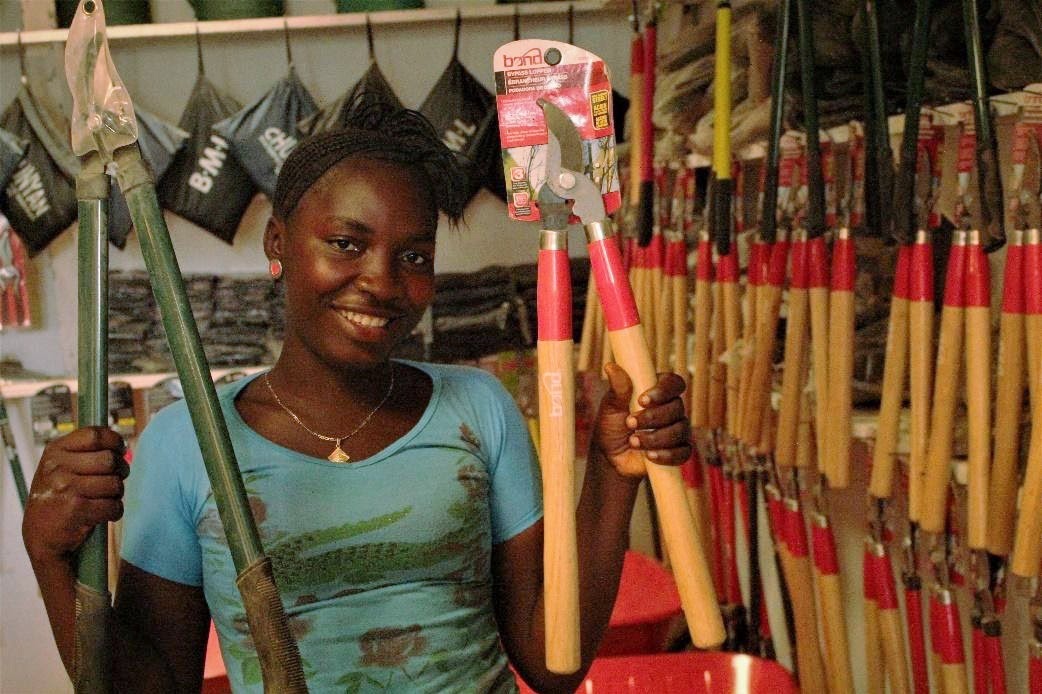
Pathways to Prosperity
With the launch of our Pathways to Prosperity programme, Solidaridad continues the work towards long-term sustainability and inclusivity, with our ultimate ambition being transformative system change that benefits all equally. This seven-year programme is implemented across several global regions and commodities.
Organization & Governance
Supporting an effective network
The Solidaridad Network is supported by a secretariat in the Netherlands. The secretariat works on synergy and alignment within the network on Human Resources, Learning, Communications, Finance, and Planning, Monitoring, and Evaluation. Next to our shared strategy, the policies and collaboration in these areas bind the network together and make it strong.
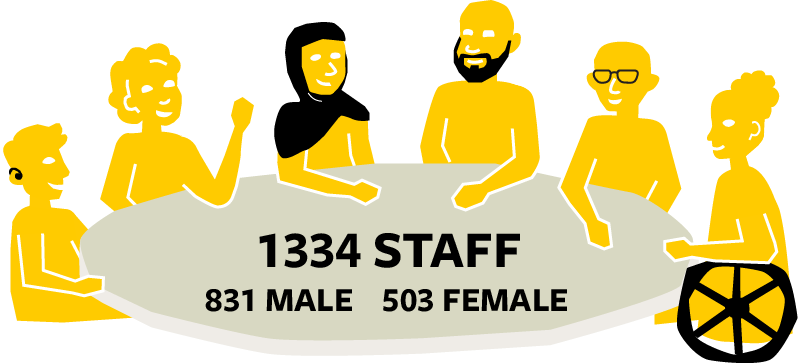
As of 31 December 2023 Solidaridad counts with 1,230 staff members. This is in line with our estimated growth projections set at the beginning of our Multi Annual Strategic Planning cycle 2020-2025.
We strive for gender balance in our organization with 50 percent of management positions occupied by women. In 2023, 55 of all percent management positions were occupied by women. Our Board of Directors has a 50/50 gender ratio.
See below an overview of our staff and how it is spread across our countries of operations:

In 2023 our former Executive Director departed Solidaridad and we successfully developed and implemented an inclusive recruitment process for a new Executive Director that allowed all talents regardless of location to apply for this position. Our recruitment policy safeguarded a fair, inclusive and transparent process. For example, an internal selection committee was appointed with a balanced distribution of gender, geographies, disciplines, and aligned with defined selection criteria.
In May 2023, our second staff survey was launched focusing on Integrity and Inclusivity. Staff from all regions were actively encouraged to participate, which resulted in 72 percent response rate. A significant increase compared to 2022: 59 percent. According to our staff, Solidaridad is an inclusive organisation, where people are treated equally. One of the key improvements is that we need to better communicate about our whistleblower protocol. Particularly on when and how to use this.
More information about our staff, management and supervision can be found here.
To prevent financial misconduct, misuse of power or interpersonal misconduct we have a global integrity, inclusivity & diversity framework and system in place. Each region has a dedicated Integrity team with integrity advisors and persons of trust. In 2023, these teams continued to implement their regional action plans and training of staff. In April 2023, the Board of Directors completed an ethical leadership training as an important step to deepen the values of both integrity and inclusivity of Solidaridad. This will be followed up in each region of Solidaridad in 2024.
The Solidaridad Code of Conduct and the Whistleblower Protocol form the heart of the integrity system to prevent, monitor, report and account for integrity. Our in-place procedures ensure a satisfactory response to a complaint and guide relevant investigations into reports. During 2023, these procedures have been tested internally and the procedures have proven robust. Solidaridad has zero tolerance for not acting. In the year 2023, five cases were reported: one in Asia, four in the African continent. One hundred percent of the cases were handled in accordance with Solidaridad’s internal code of conduct and organizational policies.
Our second Yellow Week took place in May 2023. Over the course of this three-day virtual event, we shared experiences and discussed the particularities of working together in a multicultural environment. The theme this year was Regenerative Agriculture, a topic sparking interest throughout the organization. Over 640 participants from 149 cities in 41 countries joined the event. We offered a diverse program featuring 34 sessions delivered in five different languages. Feedback was overwhelmingly positive. Over 95 percent of participants felt their time was well spent, and a significant portion (91 percent) reported feeling more connected to the company after the event. The event encouraged knowledge exchange and the building of connections across our global network.
For our new colleagues, we organized a second global onboarding cycle to feel part of the global network, get inspired by our work, and find their way within the organization.
Throughout the year, we also organized several internal knowledge-sharing and training sessions webinars and workshops to keep our staff up to date with new developments.
With the growing challenge of misinformation and declining trust in NGO’s, it has become increasingly important to guard your organizational credibility. The recognition of our work in a record number of trusted media and events, and the official awards we received in 2023, all confirm our reputation as a reliable and trustworthy actor in the area of sustainable value chains.
MEDIA
In 2023 we secured a potential media reach of 2.85 billion worldwide, featuring articles in media like The Times of India, the Daily Mail, AP news, Deutsche Welle, the Financial Times the Economic Times, The Good Sight Magazine, the Navbharat Times and the Dhaka Tribune. Our newly launched Sustainable Cotton Hub, 2023 Coffee Barometer, and the Small Farmer Atlas were widely picked up by the press, delivering valuable new press contacts, including Reuters and Bloomberg.
EVENTS
Participation in sector dialogues is critical to maintaining our credibility and sharing important learnings from our programmes, We secured speaking slots and/or side events in international and regional events and forums. Among them the 2023 Africa Climate Week, the UN Climate conference COP28 in Dubai, the International Institute for Environment and Development (IIED) side event at COP28. the OECD Forum on Responsible Mineral Supply Chains, FAO World Food Forum, RSB Annual conference, 5th International Congress on Planted Forests, Safe and Decent Work Conference, and the African Fine Coffees Association (AFCA), the Honduras Oil Palm Agroindustry Sustainability Forum, the Latin American-Caribbean Cocoa Forum and the Latin American Cocoa and Chocolate Forum.
Through these forums, we showcased our innovative value chain development solutions, and milestones and presented our positions/calls to action to different actors in our supply chains.
We were also speaking at SCA in Portland, World of Coffee in Athens and the Global Coffee Platform meeting in Germany, The Conference on Advancing the Role of Women in Agricultural Supply Chains, the High Plenary on Collaborative Cotton Futures: ACRE’s Regenerative Agriculture Initiative in India at the 10th edition of CRB’s India and Sustainability Standards Conference, the National Small Tea Grower’s Conference, the 2nd Sustainable Vegetable Oils Conference, and many more.
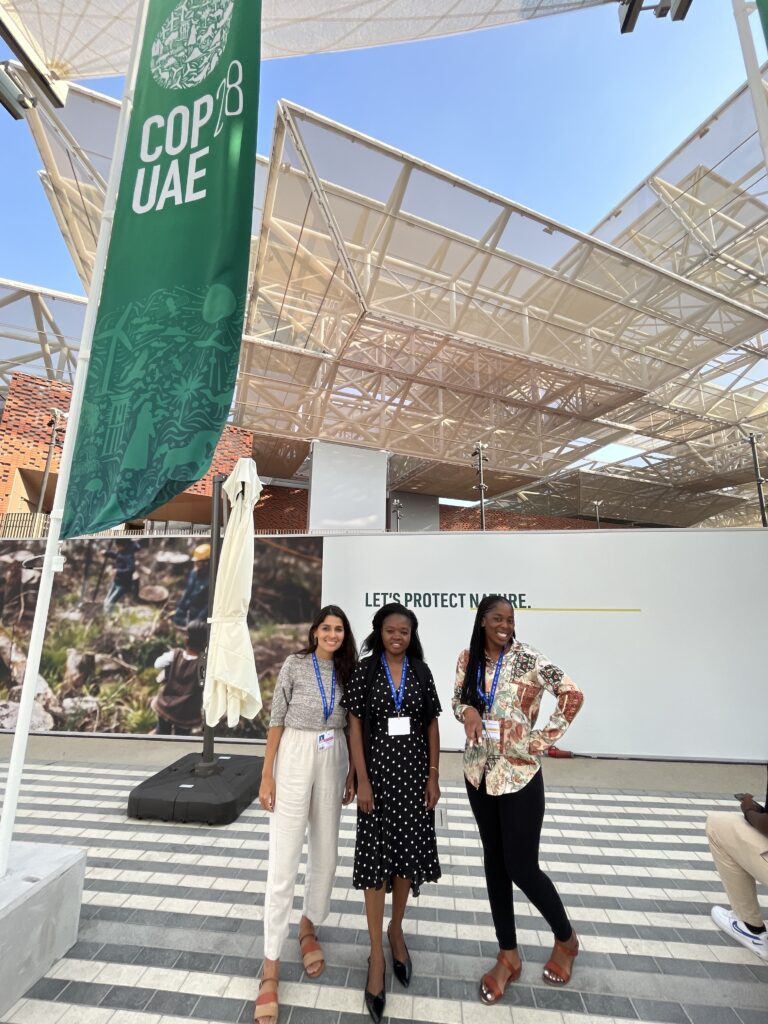
WEBSITE AND SOCIAL MEDIA
Our bi-weekly human-centric stories and news items on the corporate website (139 in total over 2023) and updates on social media have provided our stakeholders with an authentic insight into our successes along with our challenges and lessons-learned. Our content has highlighted numerous stories of small farmers who are rising above challenges with the support of Solidaridad programmes, as well as shining a light on the many projects that are making a visible difference on the ground by transforming the lives and fortunes of smallholders. In 2023, in line with the general declining attention spans of our audiences, we have put more focus on providing information in audiovisual formats, like video, photo stories, or podcasts.
This led to a continuous growth of visitors on our website and many new followers on our social channels. The growth of our social media presence has been particularly visible on our LinkedIn page in 2023, gaining 6,880 new followers and a significant increase in engagement rates.
SMALL FARMER ATLAS
This year also marked the publication of the first edition of the landmark Small Farmer Atlas, a compendium of the voices of nearly 10,000 small farmers in 18 countries across 8 commodities. The Small Farmer Atlas was covered by multiple publications (such as The Good Sight Magazine, Food Tank, Sustainable Brands, Confectionery News, and Daily Coffee News) reaching coverage of over a million readers.
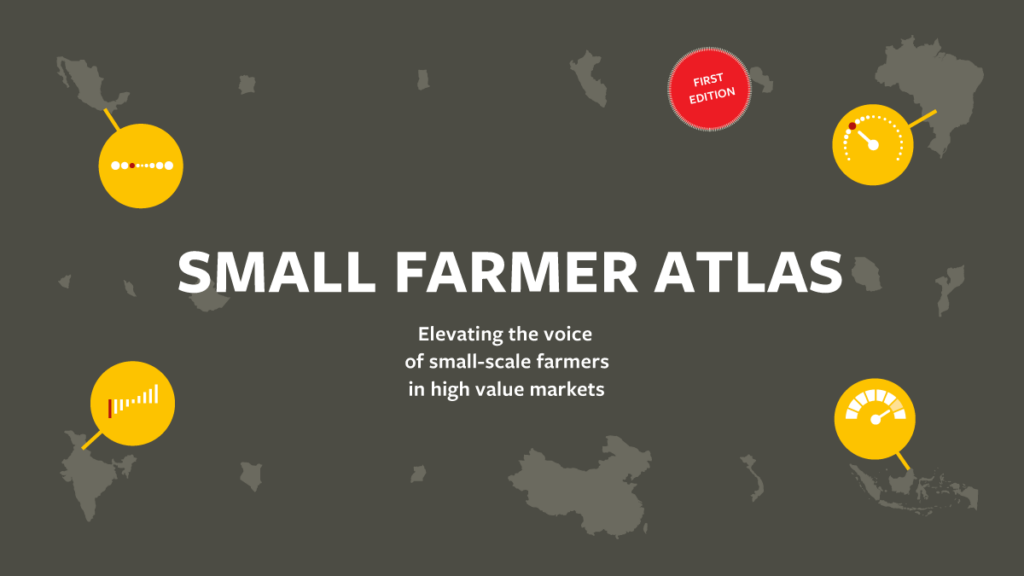
CAMPAIGNS
Throughout the year, our teams organized events and campaigns to recognize the dedication of small farmers to sustainability, for example the Choco Show in Colombia. Here, we celebrated with the first cocoa families who received payments for their agroforestry practices, singing the Asombrate anthem, which has hit more than 100k views on YouTube. In the run-up to International Women’s Day, we also ran a week-long dedicated social media campaign, #CelebratingWomenChangeAgents, highlighting inspirational stories of women from the field.
In our effort to engage a younger audience through fresh and innovative fundraising concepts, we organized the Climbing against Climate Poverty event in the Netherlands, whereby we activated over 35,000 people and collected more than 25,000 thousand Euros in donations.
In Ghana, we launched a new podcast series, Sustainable Commodities discussing various topics, including Access to finance as a driver of sustainable agriculture, Gender mainstreaming in supply chain development, and From backyard to fork: A conversation on home farming in Ghana.
PUBLICATIONS
To reflect on sustainability in global value chains and urge stakeholders to face the challenges, Solidaridad published several research papers and reports in 2023, including Price in Global Commodity Value Chains; the launch of the Sustainable Cotton Hub and the Coffee Barometer, and the Small Farmer Atlas. We also published a position paper for the COP28, a field research paper on the Gender Action Learning System, and a desk study to check if companies lived up to their commitments in the European Partnership for Responsible Minerals.
Solidaridad’s efforts to position itself as a credible policy influencer also received a boost with the T20 brief, titled ‘Valuing Water in Agriculture to Reward Farmers’ Actions in Conservation’ at the G20 Summit 2023 in New Delhi.
AWARDS
We are proud that our achievements are also acknowledged and rewarded with official awards. In 2023, we won the Water Sustainability Award (2022-2023) for innovation in water technology in our leather portfolio. We also won the Diversity and Inclusion Innovation Award at the Food ingredients Europe event in Frankfurt, Germany, in November 2023, for our presentation of the feminization of supply chain concept. In Mexico, our partner Pantaleon Group obtained the Sedex Sustainability Award for the contribution to the Mexican sugarcane industry by our collaborative effort with Bayer to the project Más Caña II and Solidaridad in East and Central Africa clinched the Tech for Good Impact Award, presented by Zendesk, in recognition of our commitment to advancing social causes.
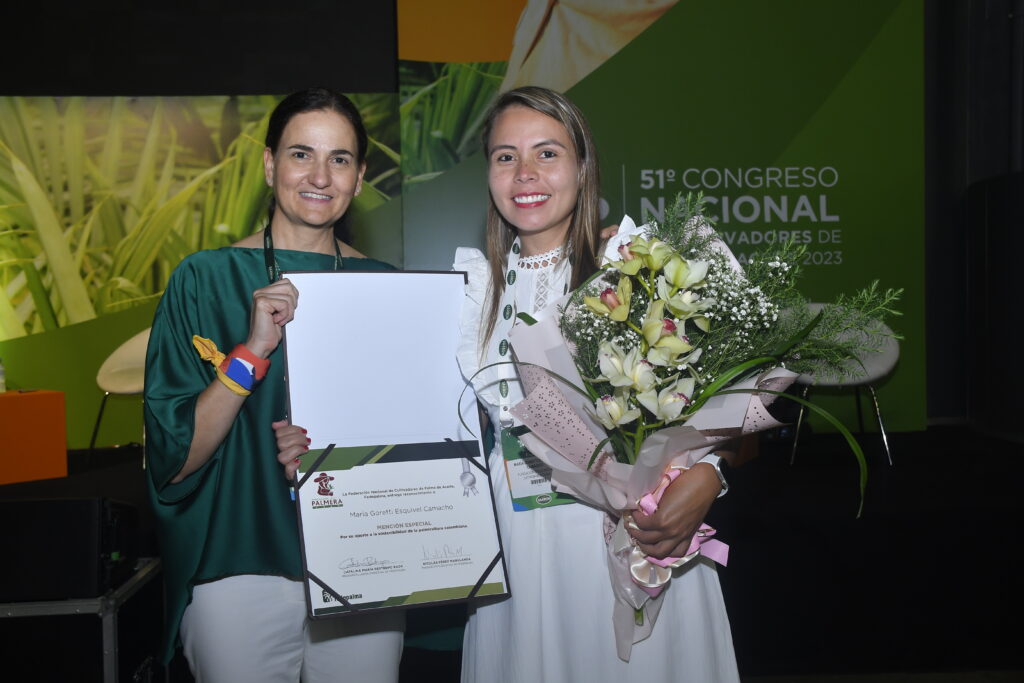
At Solidaridad, we are convinced that good data and the good use of it is a key ingredient for project and organizational success. To that end,we have strengthened our internal capacity on data analysis and improved several tools, such as dashboards, which allow us to visualise data in a more attractive and simple manner. This facilitates the use of data so that decisions and adaptations can be made quickly. As a result of the operationalization of the data model across the organization, we have seen a tremendous improvement in the quality and relevance of data collected. The implementation of the data model has also helped to standardize methodologies and definitions while shifting mindsets towards more outcome monitoring and reporting. New qualitative skills and tools have allowed us to collect more qualitative data that has helped to contextualize making our data more meaningful.
Good evaluation provides evidence for learning through collecting, sharing, analyzing and interpreting information on progress while also providing reliable information to the donor on achievements and decisions made (accountability).
As we initiated two large global programmes, Pathways to Prosperity and Acting Now, we conducted baseline studies for all 27 projects to assess the initial situation of producers which allowed us to better understand root causes and fine tune our interventions. These baseline studies will also allow us to assess the impact of our work through before and after comparison studies. Studies were conducted with Ethiopian dairy farmers, for leather tanneries in Ethiopia, for shea farmers in Ghana and cocoa farmers in Nigeria.
The mid-term review of the Reclaim Sustainability programme (2021-2025), a 5-year consortium between Solidaridad, Fairfood, Business Watch Indonesia and TrustAfrica, carried out by an external party allowed us and our consortium partners to reflect on our shared progress and collaboration and identify areas for improvement. One of our key learnings was that for sustainability measures to be truly effective, local governments need to be closely involved. We are encouraged by the findings and have started addressing some of the opportunities for improvement. The consortium continues to engage in adaptive programming to ensure positive change that results in long-term sustainable impact for the programme’s target groups and communities.
In Ethiopia, we conducted the end-of-project evaluation for the European Union-funded Bottom Up! Project, which had the goal of creating a sustainable cotton and textile value chain in Ethiopia. Among the key findings were that ginneries complied with Cotton Made in Africa (CmiA) and Better Cotton Initiative (BCI) standards and sector associations promoted sustainable environmental technologies. Despite the barriers faced during implementation due to the force majeure events related to the COVID-19 pandemic and the war in Tigray, the project was relevant to the context of the needs and aspirations of the textile industry in Ethiopia.
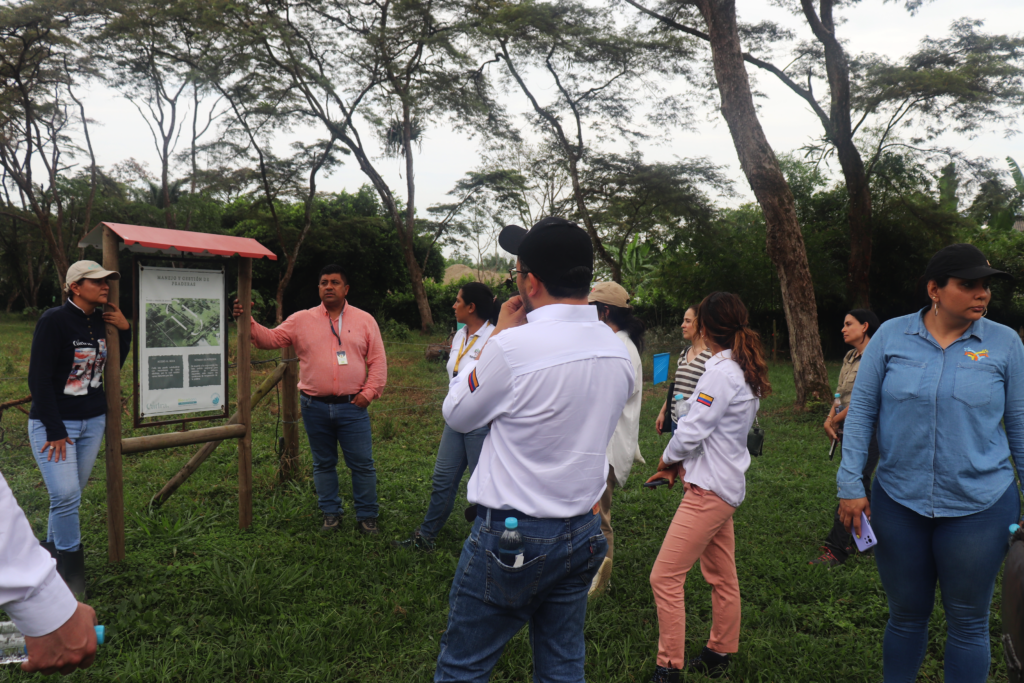
Another endline evaluation was conducted for the project in Zambia : Towards sustainable livelihoods for women and girls through poultry production. The key findings were that enabling farmers to access capital inputs was a major success of the project especially for women who often do not have any access and control over money within the household.
The end evaluation on the Dairy Catalyst For Investment And Climate Dairy Farming Project, Tanga Tanzania found the project to have delivered affordable dairy production technologies and market linkages to producers. In addition, the evaluation has confirmed an increased number of dairy farming households with better access to affordable and quality dairy services. Conclusively, the evaluation found that the project results will be sustained. The project established business relationships to enable dairy farmers to leverage dairy financing.
Finance
A record revenue
The revenue of Solidaridad Network increased by 9.1 million Euros from 68.9 million in 2022 to 75.3 million in 2023. The revenue was over 5 million Euros higher than the secured budget of 70 million. The higher revenue is related to successful fundraising and in line with Solidaridad’s vision of growth in order to achieve more impact.
N.B: all figures are pre-auditing.
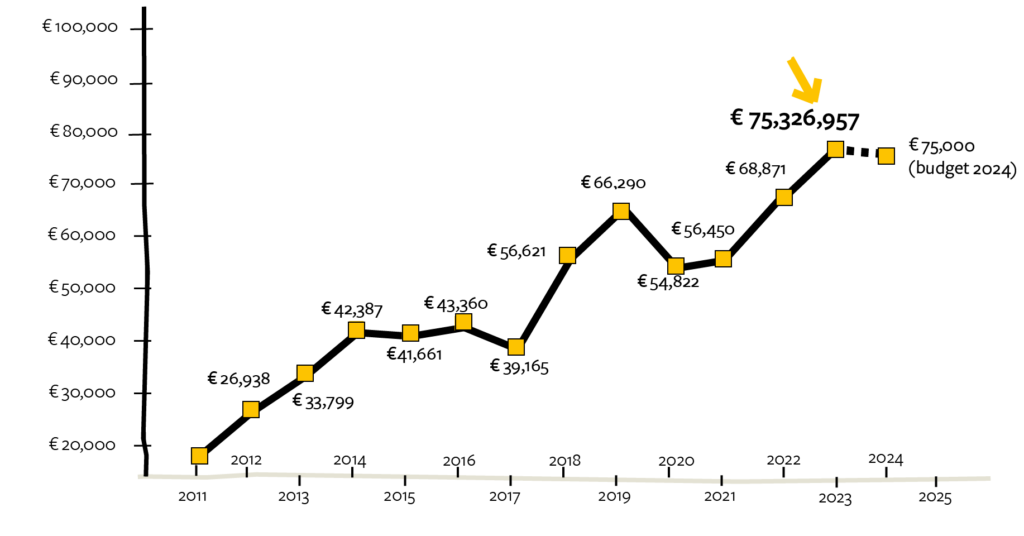

From the total revenue of 75.3 million in 2023, 38 million Euros (50 percent) was generated by Solidaridad Europe. Increasingly, Solidaridad’s revenue is a global team effort whereby all regions work together to deliver the best possible impact for our donors and above all for the farmers and people that are benefiting from Solidaridad’s programmes.

Compared to 2022, Solidaridad was able to generate more income from companies. The Southern regions especially were able to include the revenue from companies in their programs. The total revenue from governments, still the biggest contributor, decreased in relative terms from 69 percent in 2021 to 52 percent in 2022 and 49 percent in 2023.
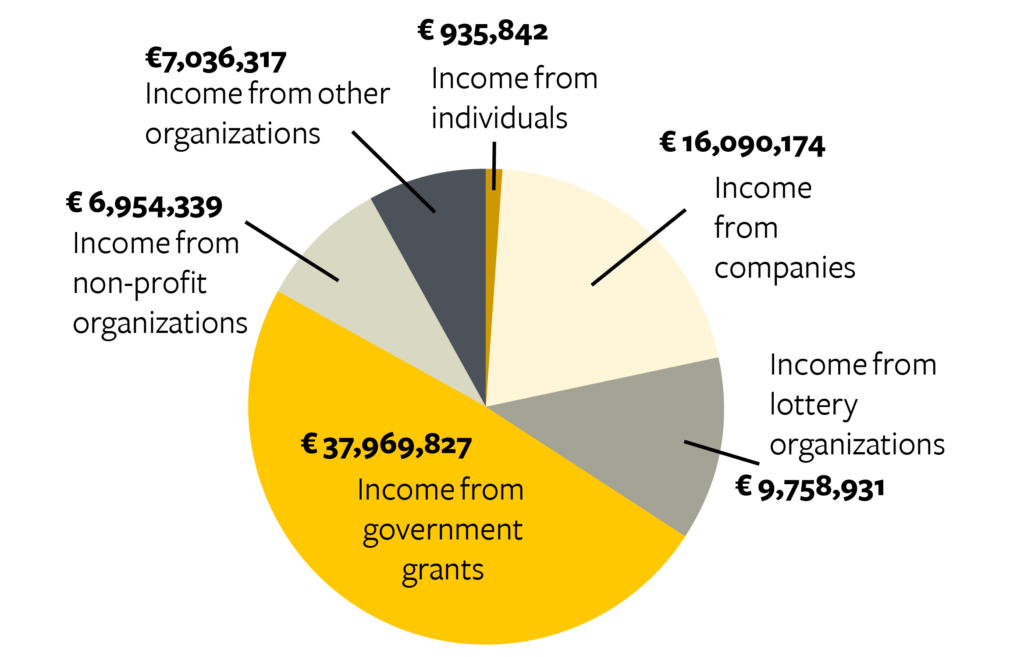
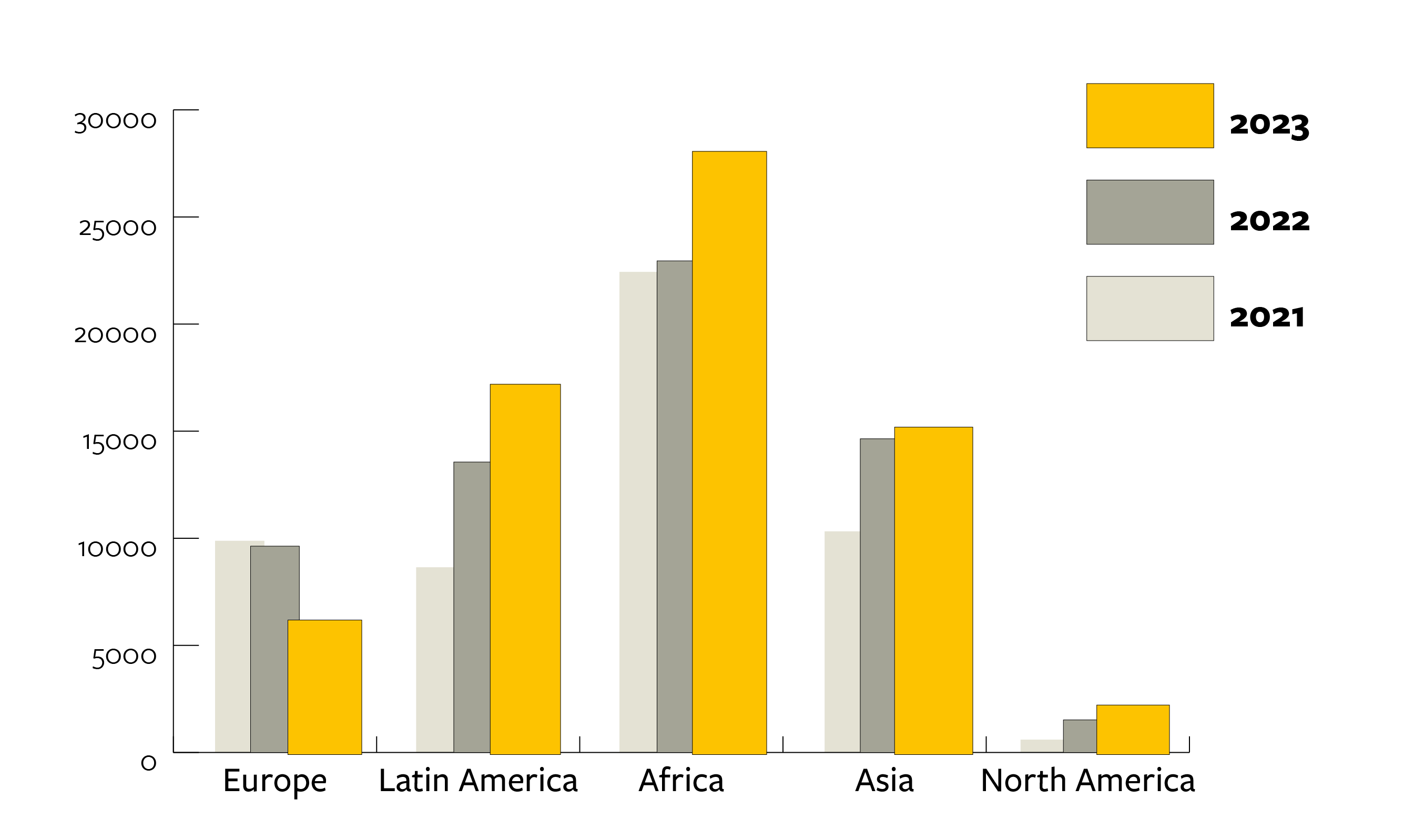
The above graph shows that the continent of Africa contributes relatively the most of our funds on our programmes (41 percent), while the contribution of Latin America has grown in recent years to 25 percent in 2023. The relative contribution to programs of Solidaridad Europe has decreased. This is in line with Solidaridad’s objective whereby the Northern regions generate funds for programmes that are executed in Southern regions.
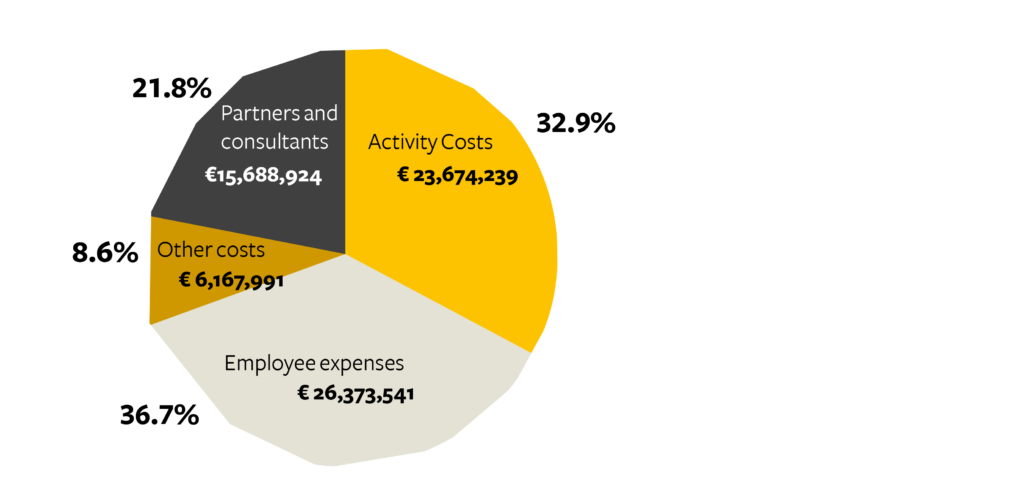
Solidaridad runs all of its programmes and projects with their own staff. But in some major programmes, partners are contributing to achieving our objectives in the field. Activity costs are all costs related to the execution of our programmes and projects in the field. Other costs are costs of a more operational nature related to running our offices.

